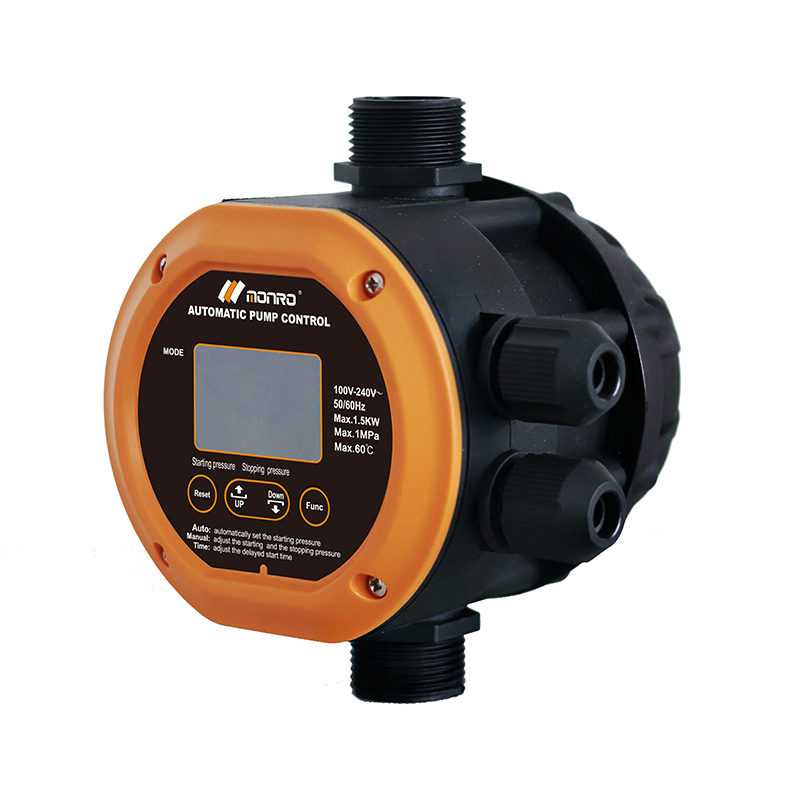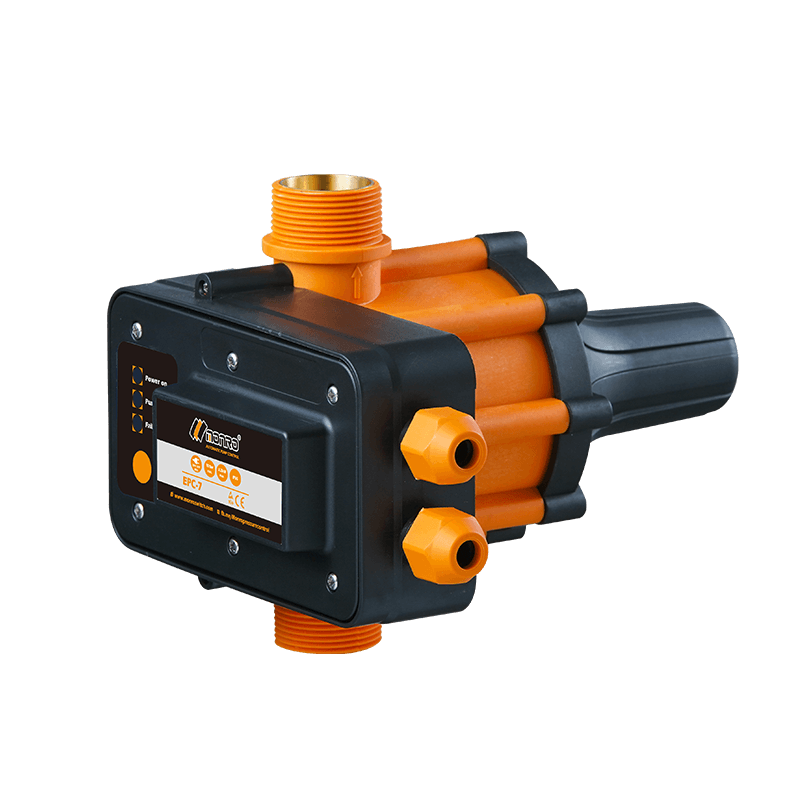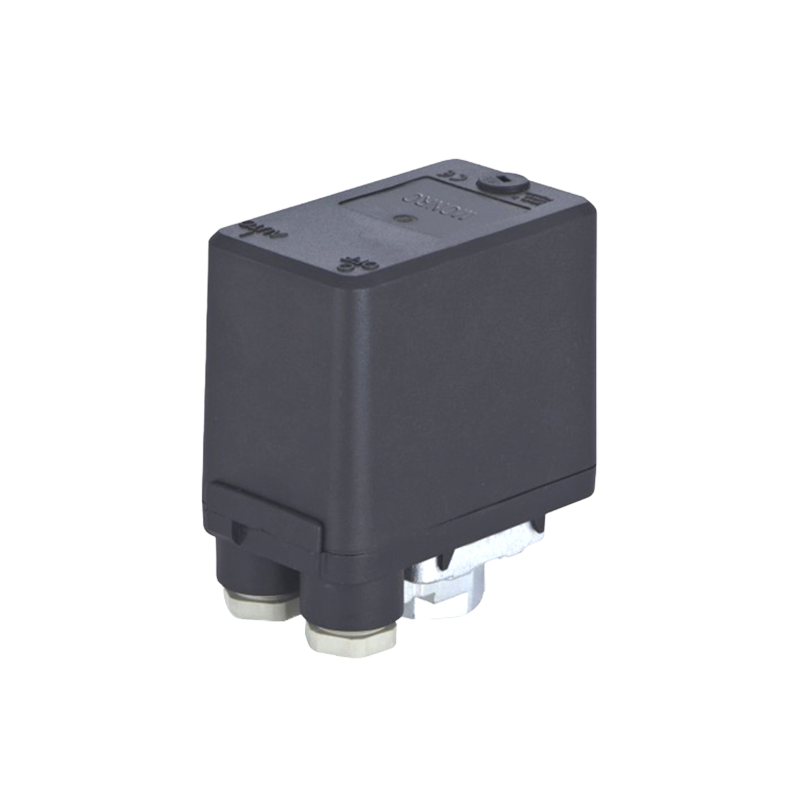Don't hesitate to send a message
Web Menu
Product Search
Exit Menu
Corrosion Resistance of Materials and Seals in Pressure Control Factory Systems
Pressure control systems are often subjected to harsh conditions, including exposure to corrosive liquids, chemicals, high humidity, and fluctuating temperatures. These factors can significantly impact the longevity, performance, and safety of the system. Ensuring that a Pressure Control Factory system utilizes materials and sealing components capable of resisting corrosion is essential for maintaining operational efficiency and preventing unexpected failures. Reliable material and seal selection is particularly crucial for applications involving aggressive fluids, such as chemical processing, wastewater treatment, or saltwater operations.
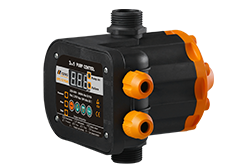
Material Selection and Corrosion Resistance
The structural materials used in valves, housings, and internal components are the line of defense against corrosion. Stainless steel, brass, bronze, and specialized alloys are commonly chosen for their resistance to oxidation, chemical attack, and environmental degradation. Stainless steel, for example, offers good durability under both acidic and alkaline conditions, while brass provides good corrosion resistance in water-based applications. Material strength, wear resistance, and thermal stability also play a vital role in ensuring that the system can operate continuously without structural compromise.
Role of Seals and Gaskets in System Integrity
Sealing components, such as gaskets and O-rings, are equally important in maintaining corrosion resistance. These elements prevent leaks, protect internal surfaces, and ensure consistent pressure control. High-performance polymers, including PTFE (Teflon), Viton, EPDM, and Nitrile rubber, are widely used due to their chemical inertness and flexibility. They resist swelling, cracking, and degradation even under prolonged exposure to aggressive fluids or temperature fluctuations. Properly selected seals complement corrosion-resistant materials and are critical for preventing fluid ingress that could cause internal damage or system failure.
Protective Coatings and Surface Treatments
Beyond the base materials, protective coatings and surface treatments further enhance corrosion resistance. Techniques such as nickel plating, anodization, epoxy coatings, and passivation layers are employed to provide an additional barrier against chemical attack and environmental degradation. These treatments help reduce pitting, surface wear, and oxidation, particularly in systems exposed to high moisture, saline conditions, or corrosive chemicals. Combined with durable materials and high-quality seals, coatings ensure the long-term performance and reliability of pressure control systems.
Performance in Aggressive Environments
Pressure control systems often encounter fluids with varying chemical properties, flow rates, and temperatures. A corrosion-resistant design ensures stable operation even when exposed to acids, alkalis, saline water, or chemical mixtures. By maintaining material integrity and seal performance, the system avoids leaks, mechanical failure, and pressure fluctuations. This reliability is particularly valuable in continuous industrial processes where system downtime can result in significant operational and financial losses.
Advantages of Corrosion-Resistant Systems
A system designed with corrosion-resistant materials and high-quality seals offers multiple benefits. It ensures consistent pressure regulation, reduces maintenance costs, enhances safety for operators, and increases the system’s overall lifespan. Facilities that invest in durable pressure control solutions experience fewer interruptions, improved operational efficiency, and reduced risks associated with fluid leaks or component degradation.
The corrosion resistance of materials and sealing components is fundamental to the performance and durability of a Pressure Control Factory system. By selecting stainless steel, specialized alloys, and chemically resistant polymers, combined with protective coatings and regular maintenance, these systems can withstand aggressive environments without compromising functionality. Ensuring material and seal integrity provides a reliable, efficient, and long-lasting solution for modern industrial pressure control applications.
-
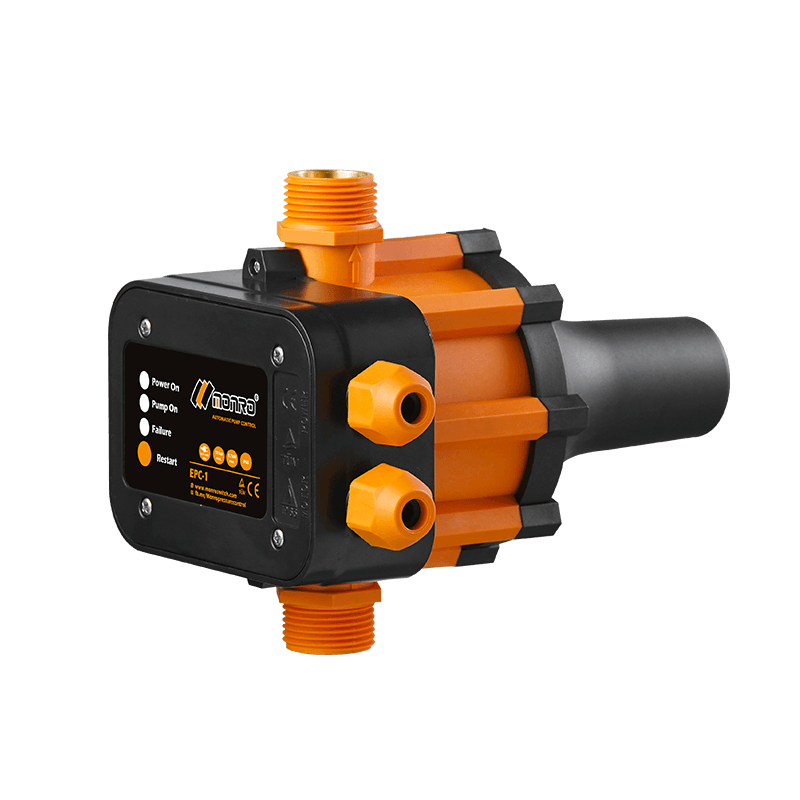 EPC-1
EPC-1Monro EPC-1 model pump controller is the classic and basic type, was loved by user in the global mar...
-
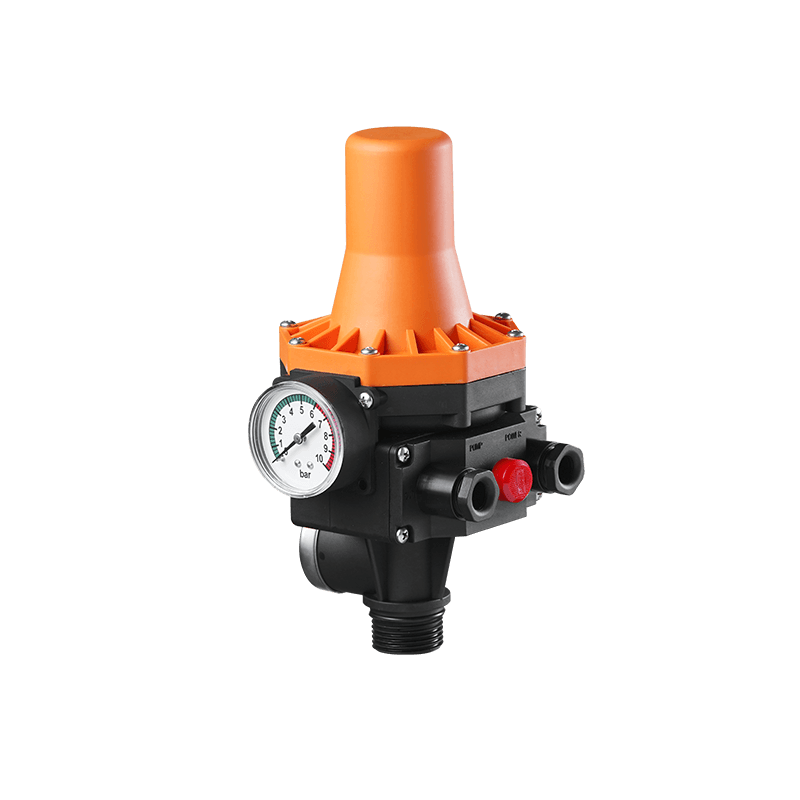 EPC-3
EPC-3Monro EPC-3 spain design auto on and off press control, an intelligent and economical system designe...
-
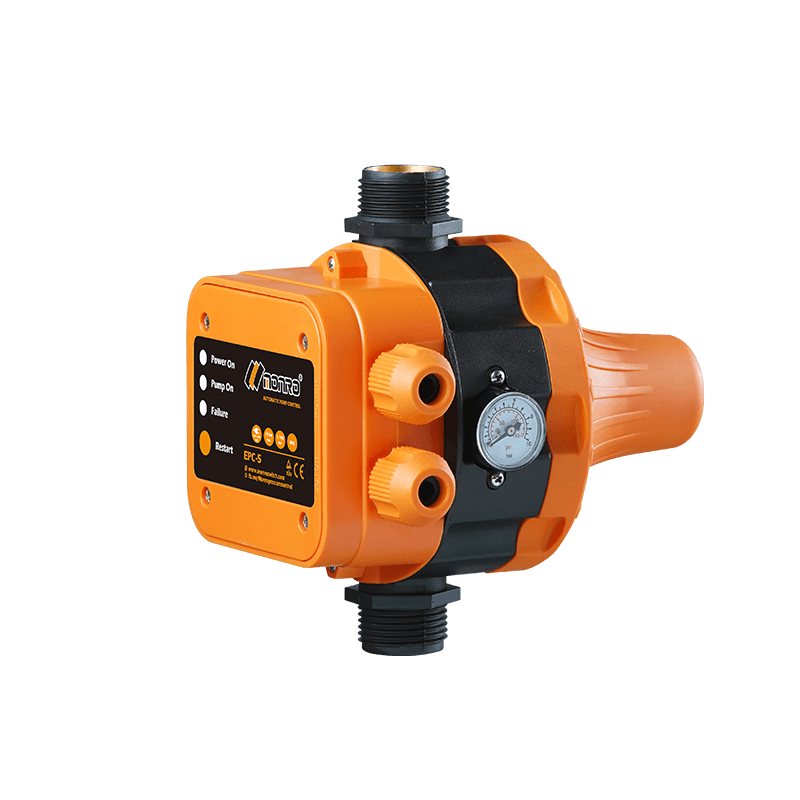 EPC-5
EPC-5Monro EPC-5 model automatic pump control, a device which assembled on the water pump (recommended si...
-
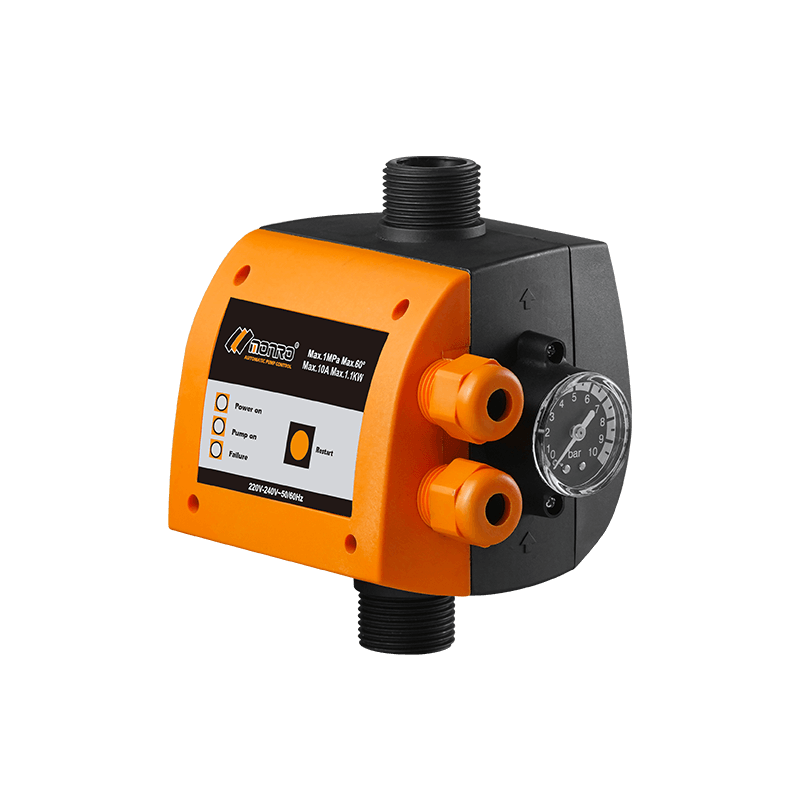 EPC-9
EPC-9Monro EPC-9 model pressure controller, is a big power device for automatic control and protection of...
-
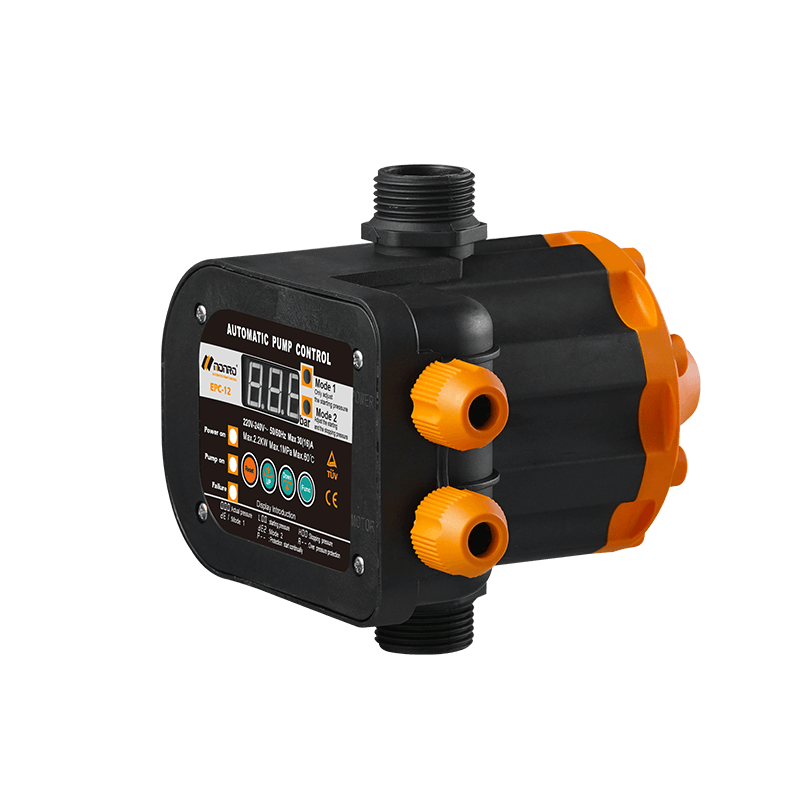 EPC-12
EPC-12Monro EPC-12 smart top-level automatic pump control is a multi-function model combined with traditio...
-
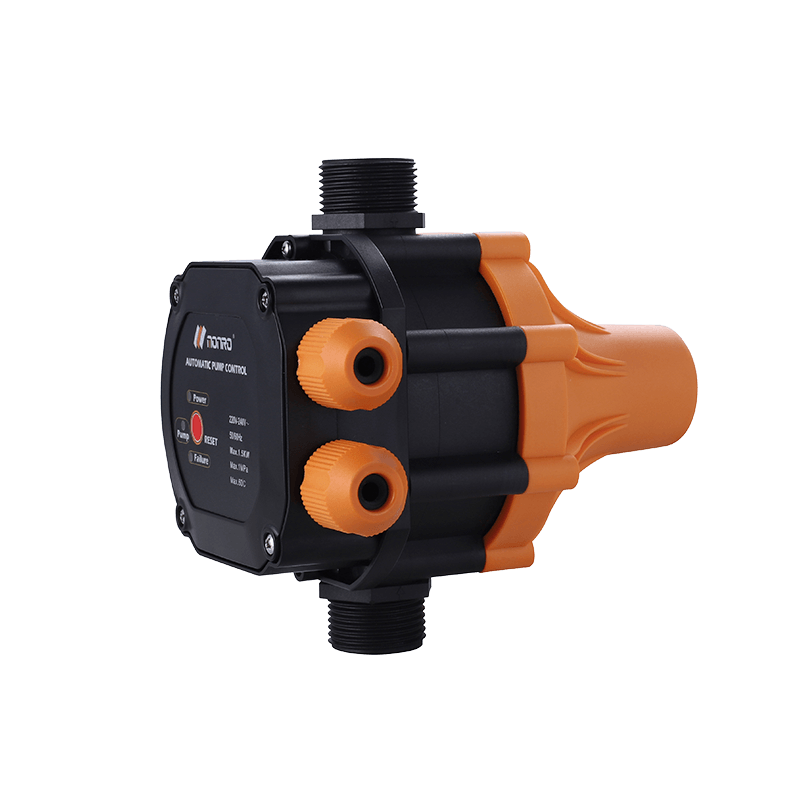 EPC-14
EPC-14Monro EPC-14 model pressure control is a big power device for automatic control and protection of el...
-
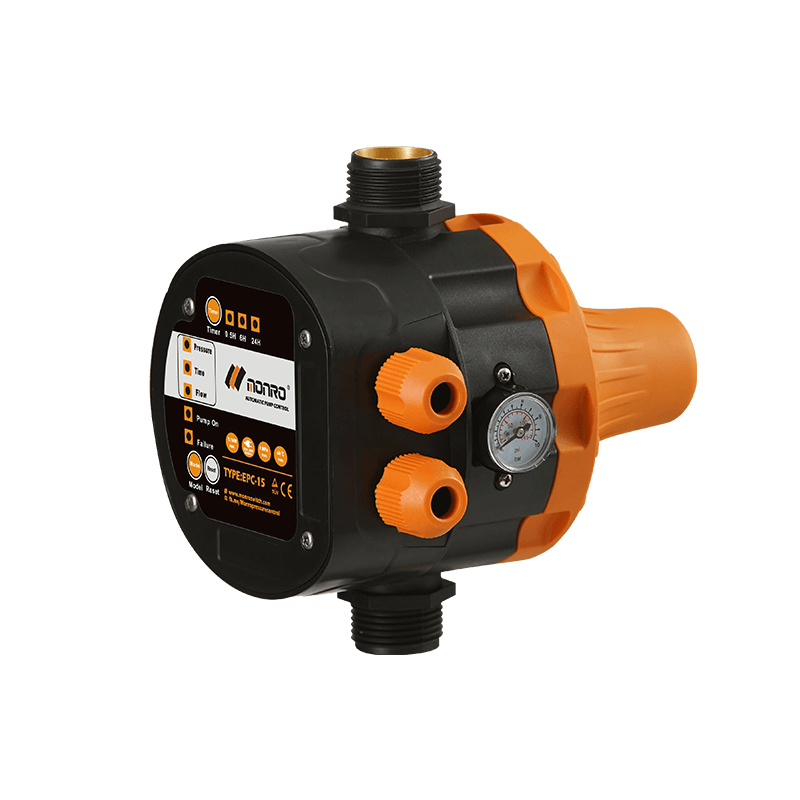 EPC-15
EPC-15Monro EPC-15 model automatic pump control, a device which assembled on the water pump (recommended s...
-
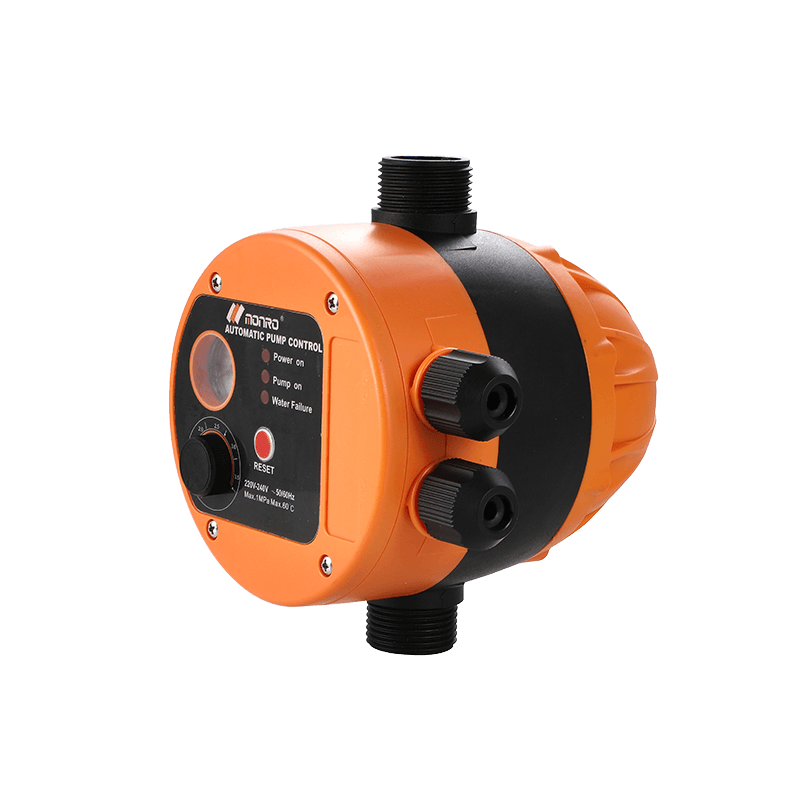 EPC-16
EPC-16EPC-16 is the new patent pump controller by Monro. Its key highlight is tooless (manual knob) start...
find our office
Committed to providing professional pressure control solutions for various types of water pumps and air compressors.

 简体中文
简体中文 English
English Español
Español